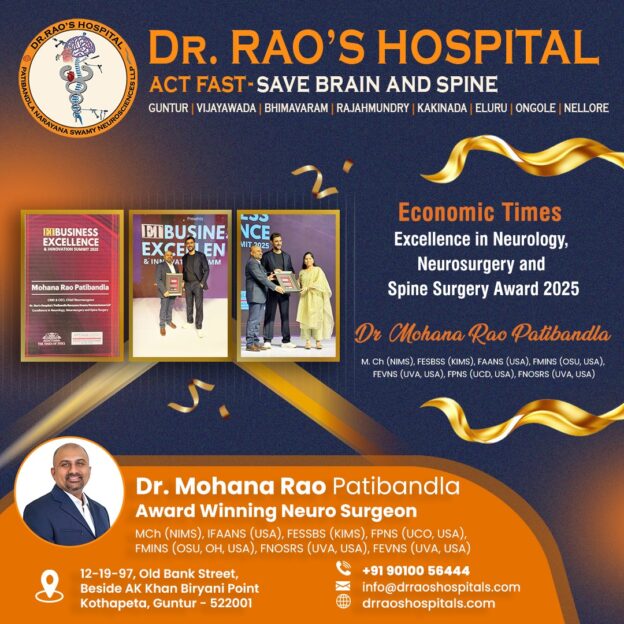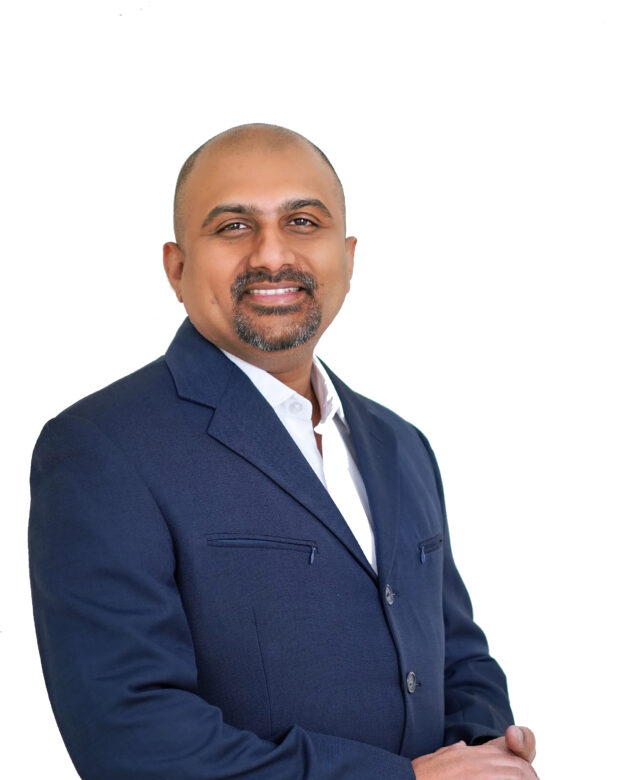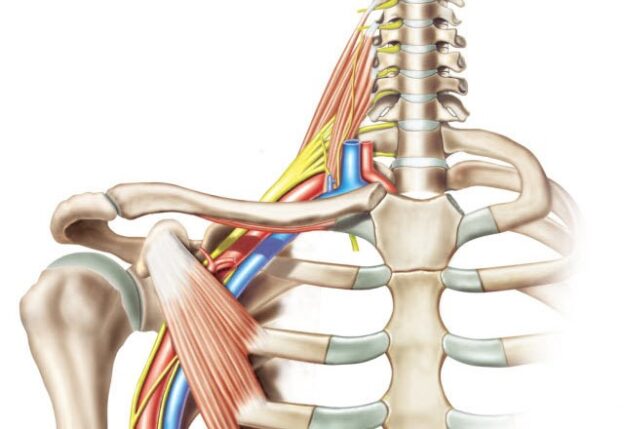When you hear the words peripheral nerve surgery, it might sound complex or intimidating. But understanding what happens before and after the procedure can make the entire experience easier to handle. At Dr. Rao’s Hospital, specialists focus on restoring nerve function, relieving pain, and improving quality of life for patients dealing with nerve injuries or disorders. This detailed guide will walk you through what to expect, from diagnosis to recovery, so you can approach your treatment journey with confidence.
Understanding Peripheral Nerve Surgery
Peripheral nerve surgery involves repairing or reconstructing damaged nerves outside the brain and spinal cord. These nerves control sensations and movements throughout your body. When they are injured due to trauma, accidents, or medical conditions it can lead to numbness, weakness, or chronic pain.
At Dr. Rao’s Hospital, the peripheral nerve surgery specialists diagnose and treat various types of nerve injuries with precision and care. Procedures are customized depending on the location and severity of the nerve damage. The goal is simple: to help patients regain mobility, sensation, and comfort.
When Do You Need Peripheral Nerve Surgery Treatment?
Not every nerve injury needs surgery. However, when the damage doesn’t heal naturally or causes severe symptoms, peripheral nerve surgery treatment becomes necessary.
Signs that you may need nerve surgery include:
- Persistent tingling or numbness
- Muscle weakness or paralysis
- Severe burning or shooting pain
- Loss of sensation in arms, hands, or legs
Patients looking for peripheral nerve surgery treatment in Andhra Pradesh, Bangalore, or Bhimavaram can consult with Dr. Rao’s Hospital, where the medical team carefully evaluates nerve function before recommending surgery.
The Role of a Peripheral Nerve Surgery Specialist
A peripheral nerve surgery specialist is a trained expert who understands the delicate network of nerves throughout the body. These specialists at Dr. Rao’s Hospital use advanced diagnostic tools like nerve conduction studies, MRI scans, and electromyography to locate the exact site of nerve injury.
Once identified, the specialist plans the right nerve damage treatment whether it involves decompression, grafting, or repair. Each procedure is designed to preserve or restore nerve function while minimizing discomfort and recovery time.
For those in metro regions, peripheral nerve surgery treatment in Chennai, Delhi, and Hyderabad is available at Dr. Rao’s Hospital with state-of-the-art facilities.
How Peripheral Nerve Repair Is Performed
The process of peripheral nerve repair depends on the type of injury:
- Direct repair is done when the two ends of a cut nerve can be rejoined.
- Nerve grafting involves taking a healthy nerve from another part of the body to bridge a gap.
- Nerve transfer is used when the original nerve cannot be repaired, and another healthy nerve is rerouted to restore function.
At Dr. Rao’s Hospital, surgeons ensure that every step from diagnosis to closure is done with precision and minimal invasiveness to ensure the best results for patients.
Preparing Before Nerve Surgery
Before surgery, patients undergo detailed assessments to plan the safest and most effective approach. This includes imaging tests, blood work, and consultations with the peripheral nerve surgery specialist.
During this phase, you’ll receive instructions on medications, fasting, and post-surgery care routines. Dr. Rao’s Hospital ensures that every patient is mentally and physically ready for the procedure. Understanding the “before” phase helps reduce anxiety and makes you feel more in control of your healing journey.
What Happens After Nerve Surgery
The period before and after nerve surgery can feel uncertain, but knowing what to expect makes a big difference. After surgery, you may experience mild swelling or numbness near the operated area. These are normal and subside with time.
The specialists at Dr. Rao’s Hospital monitor your recovery closely and provide customized instructions for wound care, medication, and physical therapy. Their approach ensures your peripheral nerve surgery recovery is smooth, safe, and successful.
Peripheral Nerve Surgery Recovery and Rehabilitation
Recovery doesn’t end once surgery is complete. Nerve surgery rehabilitation is a crucial phase that helps patients regain movement, strength, and sensation.
Physiotherapists at Dr. Rao’s Hospital guide patients through personalized rehabilitation plans that focus on gradual nerve stimulation and muscle reactivation. The recovery time depends on the severity of the injury but can range from a few weeks to several months.
Patients seeking peripheral nerve surgery treatment in India appreciate the hospital’s emphasis on holistic recovery and long-term nerve health.
Living Life After Peripheral Nerve Surgery
The ultimate goal of peripheral nerve injury treatment is to restore normal life. After recovery, most patients experience improved muscle control, reduced pain, and better coordination.
At Dr. Rao’s Hospital, success stories are common patients who once struggled with simple movements are able to return to their routines with confidence. The medical team ensures every patient receives emotional and physical support throughout their healing process.
Why Choose Dr. Rao’s Hospital for Peripheral Nerve Surgery Treatment
Choosing the right hospital for nerve damage treatment makes a world of difference. Dr. Rao’s Hospital stands out for its advanced technology, experienced surgeons, and compassionate care. Their peripheral nerve surgery specialists are recognized for successfully treating complex cases across India.
Whether you need peripheral nerve repair or comprehensive rehabilitation, the hospital’s multidisciplinary team ensures the best possible outcomes.
Conclusion
Recovering from nerve injury is not just about surgery it’s about reclaiming your life. At Dr. Rao’s Hospital, every step of your journey, from diagnosis to peripheral nerve surgery recovery, is handled with expertise and compassion. With advanced facilities and top peripheral nerve surgery specialists, the hospital remains a trusted destination for nerve damage treatment and nerve surgery rehabilitation across India.
If you or your loved one is considering peripheral nerve surgery treatment, reach out to Dr. Rao’s Hospital today to take your first step toward healing and hope.
Frequently Asked Questions
- What is peripheral nerve surgery?
Peripheral nerve surgery is a procedure to repair or reconstruct nerves outside the brain and spinal cord, often performed to restore movement, sensation, and function. - How do I know if I need peripheral nerve surgery treatment?
If you experience constant numbness, pain, or loss of movement that doesn’t improve naturally, you should consult a peripheral nerve surgery specialist for evaluation. - How long does peripheral nerve surgery recovery take?
Recovery time depends on the type and location of the injury but generally ranges from a few weeks to several months. - Is peripheral nerve repair painful?
Mild discomfort is expected post-surgery, but pain is well-managed with medications and guided rehabilitation at hospitals like Dr. Rao’s Hospital. - What are the common causes of nerve damage requiring surgery?
Trauma, accidents, infections, or compression of nerves due to medical conditions are common causes. - What should I expect before and after nerve surgery?
Before surgery, detailed tests and assessments are done. After surgery, patients follow a recovery plan that includes rest, medication, and physiotherapy. - Can nerve damage treatment completely restore function?
In many cases, partial or complete recovery is possible, depending on how early and effectively treatment begins. - What happens during nerve surgery rehabilitation?
Rehabilitation includes physiotherapy and guided exercises to help rebuild strength and nerve communication in the affected areas. - Are there risks associated with peripheral nerve surgery?
Like any surgery, there are minor risks, including infection or delayed healing, but they are rare under expert supervision. - Why choose Dr. Rao’s Hospital for peripheral nerve surgery treatment?
Dr. Rao’s Hospital offers specialized care, advanced technology, and an experienced team dedicated to achieving the best outcomes for every patient.




